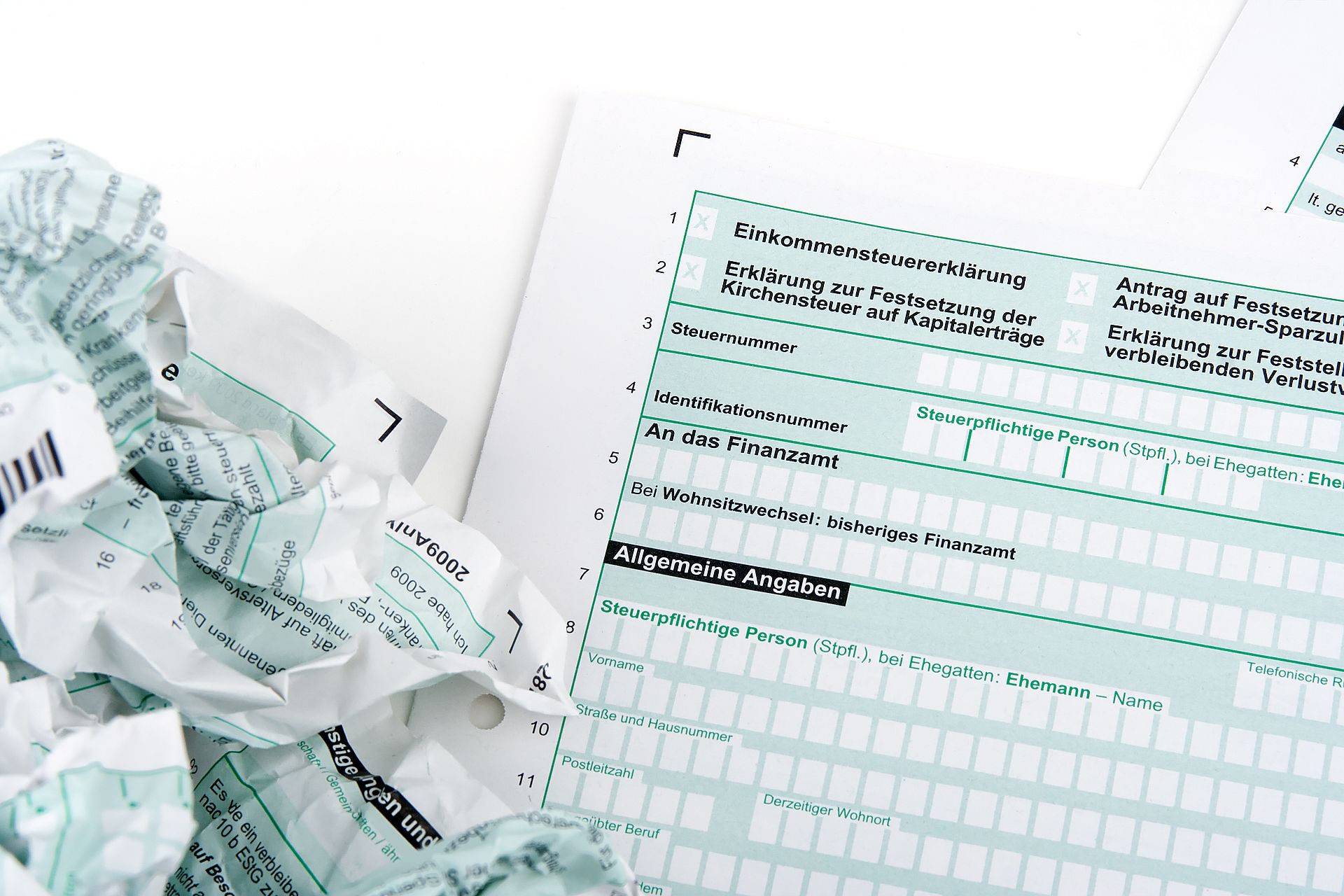Earth Day 2023: clean up your act and use less plastic!
We should care for our planet and do our best every day to lower our carbon footprint. However, each year on April 22, Earth Day, we should take some time to examine our actions and see where we can make some improvements.
We all know that we use too much plastic in our day-to-day lives. Yes, it can often be recycled, but we shouldn't rely on that. There are many excellent and practical alternatives to plastic these days.
As being eco-conscious is becoming more popular, products are lowering in price and becoming more accessible to all. Click on to see how you can reduce plastic in your home.
Cellophane wrap is nearly impossible to recycle as it can clog up the machinery used at recycling facilities. As a result, it ends up in the landfill or the incinerator, and highly toxic chemicals are released into the environment.
Avoid purchasing products packaged in cellophane, and at home use re-usable containers, silicone covers, or beeswax wraps to store leftovers and conserve food.
You can also make your grandma proud and simply use one plate to cover another plate with leftover food on it...old school habits are often quite eco-friendly!
Another economical option for food storage is re-using glass containers. Save that big pickle or jam jar, remove the label and use it again to store leftovers in your fridge or dry goods in your pantry.
You may be surprised to learn that plastic tea bags can release roughly 11 billion microplastic into your cup of tea! Yuck! Many people drink tea for its health benefits, but plastic tea bags certainly counteract any benefits
Paper tea bags may seem like a better option, but sadly they are not. Paper tea bags contain a small amount of polypropylene, which cannot be composted or recycled.
Luckily, there is an easy solution, buy loose tea (which often works out cheaper than buying in bags) and use either a metal tea infuser or strainer. Then you can enjoy your cuppa guilt-free!
Most bathroom and kitchen sponges are made of plastic and cannot be recycled. Every time you use one, you are causing microplastics to be washed down the drain! Marine organisms often digest these microplastics, and they also damage coral reefs.
Instead, you can make many greener choices for washing up and cleaning. You can try using a simple cotton cloth to wash dishes or a scrubby made of natural fibers. You can also use wooden dishwashing brushes and scrub brushes for cleaning.
And while we are talking about washing...it is also time to stop purchasing shower scrubbies made out of plastic like the one pictured.
Instead, why not try a natural sponge or a 100% natural luffa sponge if you want exfoliation! Luffa is a dried plant and works great both in the shower and for washing dishes. Best of all, they are cheap and totally compostable.
Any plastic product that is made to throw away needs to be examined, and we must consider how to replace it. Disposable razors cannot be recycled need to go!
Luckily re-usable safety razors exist! Don't worry; we don't expect you to use a straight razor! Metal safety razors are available in a wide price range, and replacement blades are very cheap. Long term, it is a more economical choice than buying plastic razors and much better for our planet!
At some point, liquid soap became the new normal, and yes, it is convenient, but it creates so much plastic waste. The same goes for shower gel.
Buying bar soap wrapped in paper is an effortless and inexpensive switch. Yes, there are lovely artisanal soaps that cost a pretty penny, but basic bar soap is a cheap way to reduce your plastic consumption. Added bonus: it lasts way longer too!
If you wash your hair 3 or 4 times a week, you may be using up to 24 plastic bottles of shampoo in a year...that is a lot of plastic waste that could easily be avoided.
Replace your bottled shampoo with a more eco-friendly shampoo bar. Solid shampoo works just as well, and these days there are plenty of options to choose from, no matter what your hair type.
Reduce your plastic waste and just stop using those flimsy little produce bags available at your grocery store.
Instead, invest in a set of cloth produce bags, or if you are crafty, you can upcycle old fabric and sew your own simple drawstrings bags. You can use these bags for produce and buying things from the bulk bins and further reduce your plastic consumption.
More for you
Top Stories



































